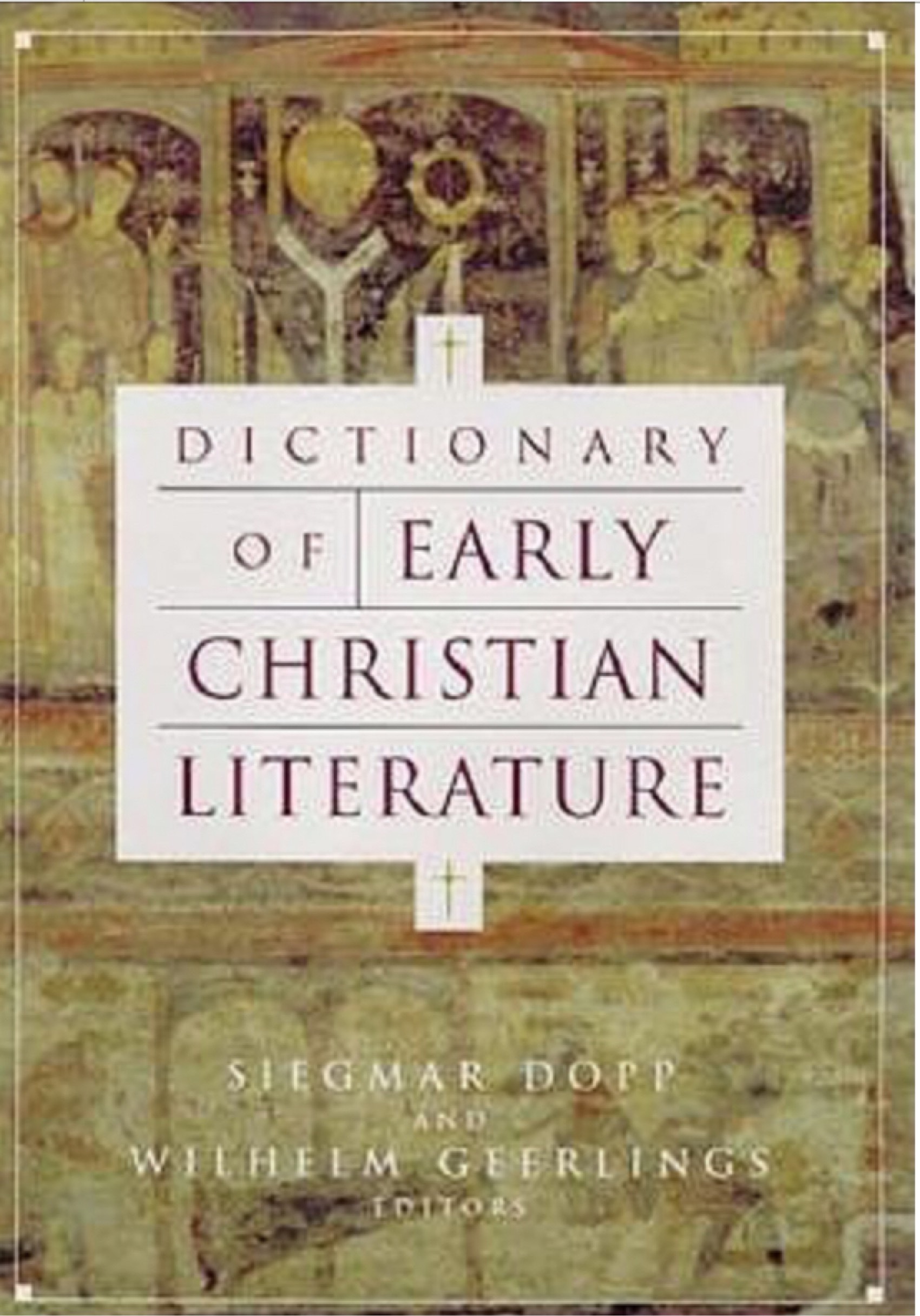DICTIONARY OF EARLY CHRISTIAN LITERATURE
The Dictionary of Early Christian Literature, edited by Siegmar Döpp and Wilhelm Geerlings, is a comprehensive reference work covering early Christian texts, authors, and theological developments from the beginnings of Christianity to the early Middle Ages.
1. Purpose and Scope
• The dictionary serves as a lexical guide to early Christian writings, including works by the Church Fathers, theological treatises, hagiographies, and biblical commentaries.
• It provides biographical sketches of Christian authors and theologians, summarizing their contributions to Christian thought.
• The book includes entries on theological concepts, literary genres, schools of thought, and historical contexts of Christian literature.
2. Content Highlights
• Early Christian Authors: Entries on influential figures like Origen, Augustine, Jerome, Tertullian, and Athanasius, summarizing their works and theological impact.
• Patristic Writings: Discussion of the writings of the Church Fathers, including apologies, sermons, theological treatises, and biblical exegesis.
• Apocryphal and Canonical Texts: Coverage of non-canonical works such as the Gospel of Thomas, the Acts of Paul, and the Didache, alongside canonical New Testament texts.
• Doctrinal Developments: Explanations of early Christian theological debates on Christology, the Trinity, salvation, and heresies (e.g., Arianism, Gnosticism).
• Church Councils and Controversies: Discussions on key events such as the Council of Nicaea (325 CE), which defined the nature of Christ’s divinity.
• Literary Genres: Analysis of different literary forms in Christian literature, including hagiographies, martyrdom accounts, and mystical writings.
• Monastic Traditions: Insights into early Christian monasticism, featuring figures like Antony the Great and Pachomius.
3. Historical and Theological Impact
• The book highlights how early Christian literature shaped the development of Christian doctrine, liturgy, and ecclesiastical authority.
• It emphasizes the role of language and translation in spreading Christian texts, including Latin, Greek, Syriac, and Coptic traditions.
• It examines the interaction between Christianity and Greco-Roman philosophy, showing how early Christian thinkers engaged with Platonism, Stoicism, and Aristotelianism.
4. Reference and Research Value
• The dictionary serves as a valuable research tool for theologians, historians, and students of early Christianity.
• It provides bibliographical references to primary sources and modern scholarly studies.
• Entries are cross-referenced, making it easy to trace connections between authors, texts, and theological ideas.
Conclusion
The Dictionary of Early Christian Literature is an authoritative resource for understanding the rich literary and theological traditions of early Christianity. It presents a scholarly yet accessible overview of the major texts, figures, and debates that shaped Christian thought from its origins through the early medieval period.
